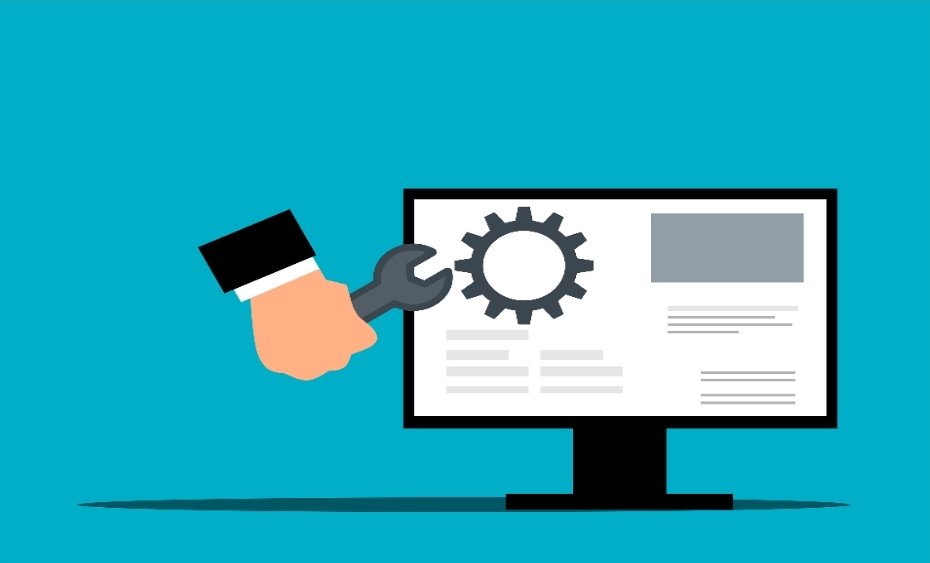Introduction
For an organization to run smoothly and to earn profits at the same time, a Quality Management System (QMS) and a Compliance Management System (CMS) are a must. QMS ensures the maintenance of proper quality of goods and services whereas a CMS lowers the chances of legal problems and unnecessary financial strains. Organizations having both systems and supporting software enables delivery of quality products and services while avoiding legal disputes.
Here is a comprehensive list of pros of having the quality management system and compliance management system on board:
5 Advantages of Quality Management System

Quality management software is essential to run a business smoothly. Training and educating the workforce consistently ensures that operations run smoothly. Here are 5 other essential reasons why your organization must have a quality management system or QMS:
- Customer Satisfaction
Quality management systems focus on addressing customer needs and demands so that operations clearly focus on improving or altering current practices. Customer feedback is gathered at regular intervals so that the management can make decisions accordingly. The aim is to maintain quality consistently, make a solid customer base and build a reputation that lasts long.
- Optimises Resource Usage
Resource wastage can drain a business financially and legally. Whether it is optimising human resources or natural resources, good quality management software will ensure that the management and the leadership are informed at the right time. Processes are streamlined which expedites execution and improves overall productivity.
- Improves Operational Efficiency
By assigning the right roles and responsibilities, a quality management system reduces chances of human errors. Automated processes ensure that operations are completed according to the deadline and are performed or supervised by the right people. Clearly documentation, safely securing data and easy retrieval saves immense time, money and effort of the leadership.
- Effective Risk Management
Timely risk assessment and proper risk management can be a time-consuming process. However, with the latest quality management software, risks can be managed and disasters can be prevented. A QMS software notifies the management of trouble areas and takes required steps at the right time to avoid legal battles and financial strains.
- Proper Delivery of Services
Since there are multiple types of quality management systems, selecting the right kind of system is a must. A QMS software ensures that it performs consistently and improves continuously with the help of regular audits and thorough feedback mechanisms. This fosters a culture of performing consistently among the workforce improving the general business practice.
5 Advantages of Compliance Management System

From stringent environmental laws to safety of the workforce at the workplace, rules and regulations are framed for every aspect of an organization. Not adhering to them not only exposes a company to legal issues but also costs an arm and a leg. Here are 5 amazing benefits of having the best compliance management system (CMS) in place:
- Adherence to Laws
Laws regarding ethical business practices, environmental concerns and safety of the workforce change every day. Therefore, downloading a premium QMS software ensures that the operations align with legal regulations and company objectives. The best compliance management system will aim to reduce the risk of penalties and other legal liabilities.
- Improves Reputation
Having a good compliance management system in place improves the reputation of a business or an organization in the industry. Stakeholders and customers feel confident and are more privy to invest in the product or service. Since there are minimal chances of getting involved in legal battles, the reputation of a company gets better.
- Streamlines Compliance Processes
Compliance processes are thorough and time-consuming. The top management has to spend a lot of energy to ensure that all the legal regulations are adhered to to avoid overhead costs. A good compliance management system streamlines documents and makes information retrieval easy.
- Enhances Employee Engagement
Employee engagement is greatly enhanced with a compliance management system. Proper communication channels makes it easier for employees to follow ethical standards regularly. A general culture of compliance is created which improves employee behavior. Regular meetings and report submissions on updates are a must.
- Proactive Problem Resolution
When coupled with a quality management system, accountability increases and responsibilities are revised immediately in case there is any discrepancy. Problems can be traced beforehand and risks can be managed accordingly. Loopholes can be covered beforehand through monitoring tools so that expected problems do not escalate.
Conclusion
Integrating a compliance management system with a quality management system creates a set-up that lowers chances of legal problems while maintaining the customer base. QMS saves capital by optimising resource utilisation, improving cost efficiency and maximising customer satisfaction. CMS, on the other hand, saves on capital by avoiding legal problems and streamlining documentation. Together, these systems enable an organization to operate effectively, ensuring sustainable growth and an improved performance.
Frequently Asked Questions (FAQs)
Q. 1 Organizations of which size or sector are eligible to have a compliance and quality management system?
Answer: Organizations or companies of any size can follow a compliance management system or quality management system. These firms or organizations can be from any field or sector like industry, pharmaceutical, energy and so on. The size of the organization also does not matter as compliance to law is essential.
Q. 2 What is a Quality Management System?
Answer: A Quality Management System is a framework of policies and procedures that ensure consistent quality of products and services. The purpose is to improve operational efficiency, optimise resource usage and meet customer expectations.
Q. 3 What is a Compliance Management System?
Answer: A Compliance Management System is also a framework of rules and regulations that enable a management to adhere to legal regulations and meet ethical standards. The purpose is to identify risks and prevent legal issues to maintain trust among stakeholders.
Q. 4 What are the various types of quality management systems?
Answer: The main types of quality management systems are Six Sigma which focuses on minimising defects; Total Quality Management (TQM) which aims to improve operations continuously, Lean Management which reduces wastage and Bladrige Framework which fosters innovation.
Q. 5 Which ISO standard specifies requirements for quality and compliance management systems?
Answer: ISO 9001:2015 is the standard that specifies requirements for a quality management system. ISO 37301:2021 is the latest standard which specifies requirements for complying with laws and following legal practices. Following these requirements will equip the management to avoid legal issues and follow ethical practices.







